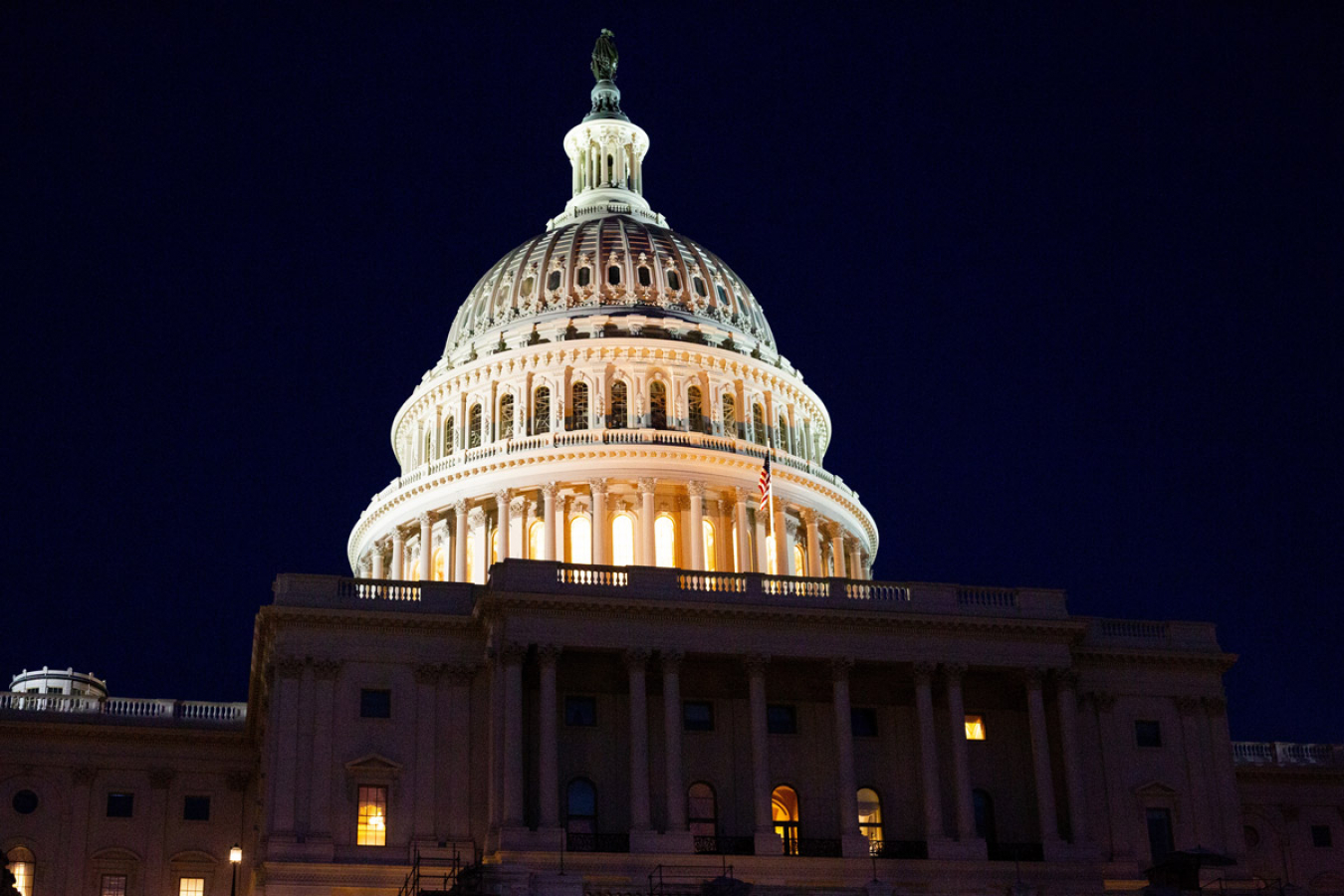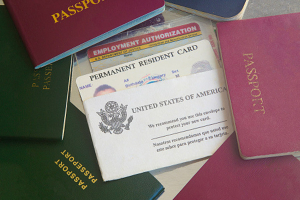house-of-representatives.jpg

Photo by Darren Halstead on Unsplash.
Support migrant centric journalism today and donate

Bipartisan legislation to remove the per-country cap on US employment-based green cards has been introduced in the US House of Representatives. The bill has been tabled by US Congresswoman, Zoe Lofgren, and Congressman, John Curtis. If passed, the bill is likely to benefit Indian IT professionals who have waited decades to secure a green card.
The bill aims to phase out the 7%, per-country limit on employment-based greens cards, while increasing the per-country cap on family-based green cards from 7% to 15%. Known as the Equal Access to Green Cards for Legal Employment (EAGLE) Act, 2021, the bill needs to be passed in the Senate before it can proceed to the White House to be signed into law.
The bill’s predecessor, the Fairness for High Skilled Immigrants Act, was passed in the House in the 116th Congress with a resounding bipartisan vote of 365 to 65.
Broken US immigration system
Congresswoman Lofgren, who is also Chair of the House Subcommittee on US Immigration and Citizenship, said: “We all know that our immigration system is severely broken and it has been broken for decades.”
“The basic framework for allocating the immigrant visa dates back to the middle of the 20th century and was last seriously updated in 1990, when Congress established the worldwide numerical limits on visas and the 7% per-country cap that still exists today,” she added.
However, over time the limitations placed on US visas have led to huge backlogs, which back in 1990 would have been unimaginable, according to Lofgren. The effect of this has been that countries with smaller populations are allocated the same numbers of US visas as nations with a much larger population.
Lofgren said: “The result of this has been that a person from a large-population country with extraordinary qualifications who could contribute greatly to our economy and create jobs waits behind a person with lesser qualifications from a smaller country.”
No sense
“It makes no sense. Because of this, we are now seeing recruiters from outside America luring those with the highest skills away from the US. That hurts our economy,” Lofgren added.
Meanwhile, Congressman Curtis said: “The bipartisan EAGLE Act will create a fairer employment-based visa system by eliminating per-country limitations and creating a first-come, first-served system focused on merit instead of country of origin.”
Elsewhere, the bill has been widely welcomed. Non-profit organization, Immigration Voice, which advocates for the alleviation of restrictions on employment, travel and working conditions faced by more than 1.2 million legal, highly skilled immigrants, described the bill as a ‘step in the right direction’.
In a statement, Immigration Voice said: “This ends the discriminatory quota system based on country of birth, which has pushed over 1 million Indian high-skilled immigrant workers in the US into a 200-year wait for green cards while individuals from other countries face no wait time at all, simply due to their country of birth.”
The co-founder and president of Immigration Voice, Aman Kapoor, said: “The EAGLE Act is a win-win for the American people.”
“Every member of Congress now agrees that it is morally and legally indefensible to have a discriminatory per-country-based allocation system for employment-based green cards that bans talented Indian immigrants from receiving green cards during their lifetime if they apply today,” Kapoor added.
Workpermit.com can help with US employment-based visas
If you would like to apply for a US work visa – including L1 visas, E2 visas, O1 visas and H1B visas - Workpermit.com can help.
Workpermit.com is a specialist visa services firm with over thirty years of experience dealing with visa applications. We can help with a wide range of visa applications to your country of choice. Contact us for further details. You can also telephone 0344 991 9222.




















